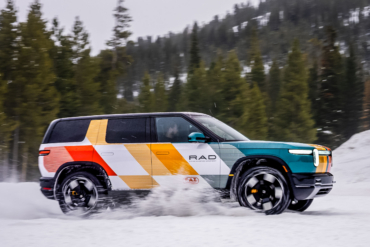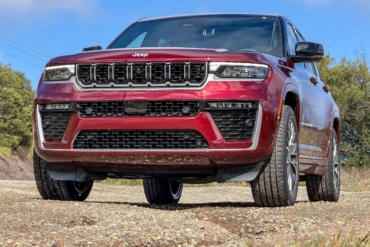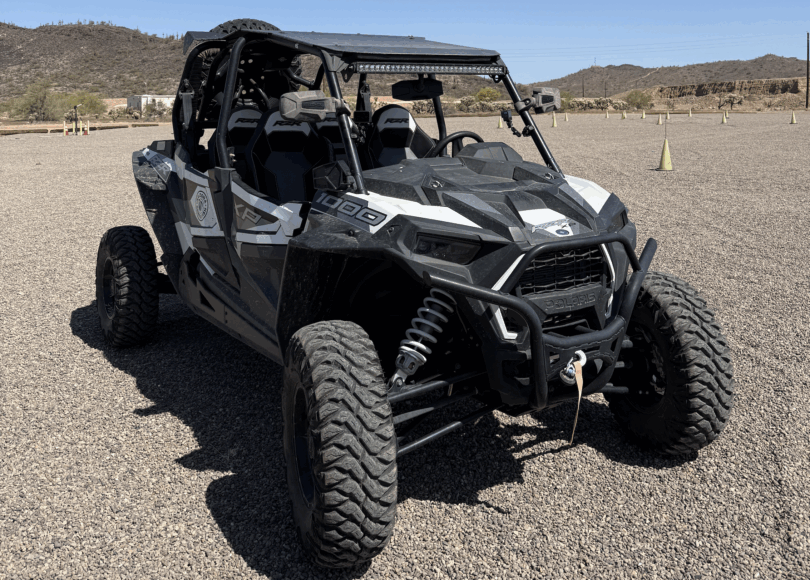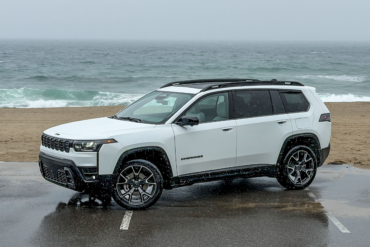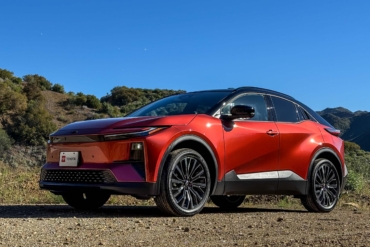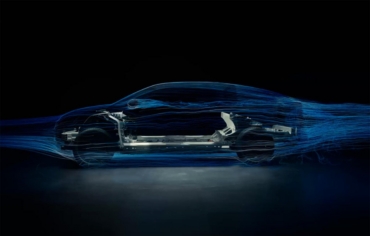The United States’ earliest ban on non-electric-powered cars could become law in Washington state. The Evergreen State targets a total ban on cars after model year 2030.
Amid a flurry of signings that started on March 25, Washington Governor Jay Inslee formally set a goal to ban gas engine cars.
The measure, called HB 1204 or “Clean Cars 2030,” would ban the sale, purchase, or registration of any non-electric vehicle with the model year of 2030 or later. Thus, it would even apply to cars purchased out of state and brought to Washington for registration.
In an important distinction, the state would allow more than just battery-electric vehicles. Any electric-powered vehicle would qualify. For instance, fuel-cell vehicles, which draw power from an electric motor connected to a fuel cell rather than a battery, would be allowed.
Previously, Massachusetts and California planned the earliest gas-engine car bans in the U.S.
The measure was part of a $17 billion docket of transportation and climate initiatives called Move Ahead Washington.
View this post on Instagram
Legislative Challenges and Timeline
If it can formalize the ban Washington would also the first state to pass a gas-engine car ban without an executive order. But HB 1204’s path to becoming the law of the Evergreen State was not straightforward.
Washington Representative Nicole Macri first introduced the Clean Cars bill in 2020. The state legislature approved it in April 2021. However, the margins were narrow. The Senate passed it 25-23. Then, the house of representatives split 54-43.
A month later, Governor Inslee vetoed it. But, according to him, it was not because he didn’t think it should become law.

While drafting Move Ahead Washington, legislators added an amendment that tied Clean Cars 2030’s goal to a road usage fee in Washington. The amendment stipulated that the EV guidelines would not take effect until the usage fee applied to 75% of all cars in the state.
Inslee decided that the goal to ban gas cars superseded the usage fee as a priority, not the other way around.
“Transportation is our state’s greatest source of carbon emissions, and we cannot afford to link an important goal like getting to 100% zero-emission vehicles to a separate policy that will take time to design and implement,” the governor stated.
He then added that he was “committed to getting to zero-emission transportation as quickly as possible.”
He wasn’t the only one with that conviction. Research commissioned by Coltura and conducted by Yale University, George Mason University, and Climate Nexus found 55% of voters in the U.S. support a full phaseout of gasoline cars starting in 2030.
Macri spoke about the benefits such a phaseout would provide her constituents in a prepared statement.
“Clean Cars 2030 puts Washington on the road to powering its vehicles with cheap, clean, renewable electricity produced in-state and reduces the threat that oil and gasoline pose to our air, water, health, and economy,” she said.
‘Clean Cars 2030’ Focuses on Economy
It probably wasn’t an accident that Macri anchored her statement with economic benefits. The bill itself focuses on the economic — rather than environmental — utility of EV infrastructure.
Electrek reported that the bill’s writers, “took steps to avoid potential future legal challenge” by drawing the attention away from emissions. Instead, it highlights other benefits of EVs like lower ownership costs, local job creation from charging infrastructure, etc.
Proof of concept will come down to collaboration between public and private entities in Washington. With the same pen stroke that ratified Clean Cars 2030 into law, Inslee established an interagency council. And he tasked it with generating a plan to achieve the target date.
State legislators hope the bill will “spur public and private investment” in EVs and ultimately kill two birds with one stone. The plan, they say, seeks to help Washingtonians save money on car expenses like fuel and maintenance while enjoying cleaner air and water.
Following Washington’s example, the Rhode Island legislature introduced a bill in March to advance EV infrastructure to meet its greenhouse gas goals by 2030.
Elsewhere, Canada’s federal government said it will outlaw new gasoline and diesel vehicle sales by 2035. And the Biden administration has set a target of achieving a 50% EV market share in the U.S. by 2030.
Editor’s note: This story was amended. A previous version stated the gas vehicle ban was law. It was, in fact, a formal goal as part of Washington’s $17 billion spending package, not a binding measure.



